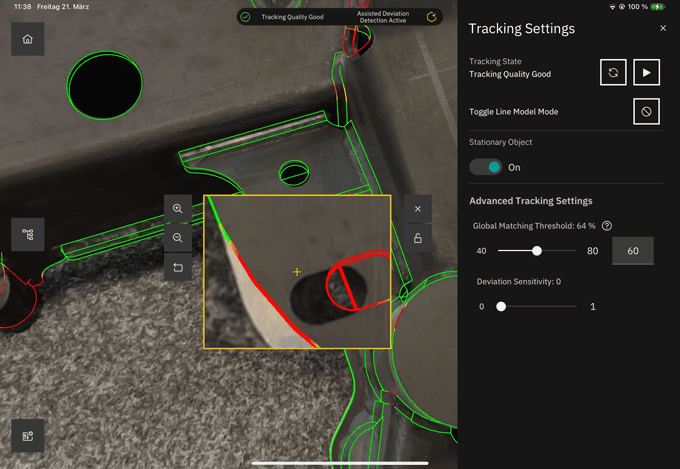How AI is revolutionizing the 8D method
Artificial intelligence significantly supports human capabilities in various areas of application. In particular, it helps users with routine tasks such as data analysis, pattern recognition and more. But it is now also playing an increasingly important role in quality management.

AI-supported CAQ systems are becoming the key to increasing efficiency, precision and speed in 8D reports. Andreas Dangl, Managing Director of Fabasoft Approve, explains how this innovation makes problem solving and efficient product improvements even easier and what other benefits it offers.
The 8D process is a team-oriented, product-related approach to solving problems that occur during production within a company or between suppliers and customers. In eight steps, it makes it possible to identify and permanently eliminate the causes of errors. While highly regulated processes require a great deal of expertise from quality managers, the AI-supported 8D method supplements the traditional process by using modern AI technologies, thus ensuring more efficient and precise results. The AI supports the process with suggestions - the final decisions are always made by humans.
Some possible uses of AI in the 8D process are:
- Risk assessment: AI analyzes past projects to assess risks and determine the need for an 8D process.
- Team building (D1): Based on previous projects, KI proposes the best qualified experts for the 8D process.
- Problem description (D2): AI automatically classifies defects and creates a detailed problem description.
- Immediate measures (D3): AI provides suggestions for immediate measures to limit the damage.
- Root cause analysis (D4): AI analyzes all production data to identify patterns and causes and suggests suitable analysis procedures.
- Corrective action planning (D5): AI predicts effective troubleshooting measures and supports planning.
- Introduction of corrective measures (D6): AI identifies potential problems and informs the implementation of corrective measures.
- Error prevention (D7): KI proposes preventive measures and supports the adaptation of the Failure Mode and Effects Analysis (FMEA).
- Problem-solving process completion (D8): AI derives findings from the measures that can be used for future projects.
The importance of an AI-supported CAQ system
The 8D method shows its full potential when the associated data has been digitized by a cross-plant, AI-supported CAQ system such as Approve on Fabasoft PROCECO. Such a system digitizes quality-relevant processes along the entire value chain and enables the rapid integration of internal and external stakeholders such as suppliers or customers. This leads to fully automated, location-independent complaint management that fully exploits the benefits of AI and remains traceable at all times.
The key role of AI in quality management
In today's digital world, quality management requires end-to-end processes that cover all steps from the initial inquiry to the final delivery and strive for seamless integration of all parties involved. An AI-supported computer-aided quality system makes it possible to significantly improve quality-relevant processes in the company, quickly rectify errors and permanently prevent them from recurring.
Source: www.fabasoft.com









